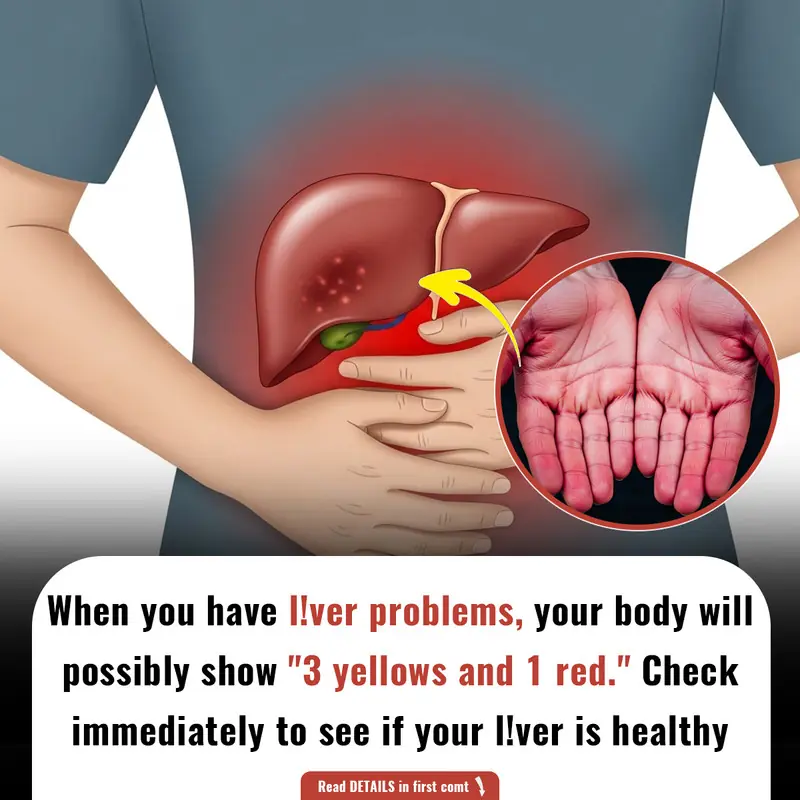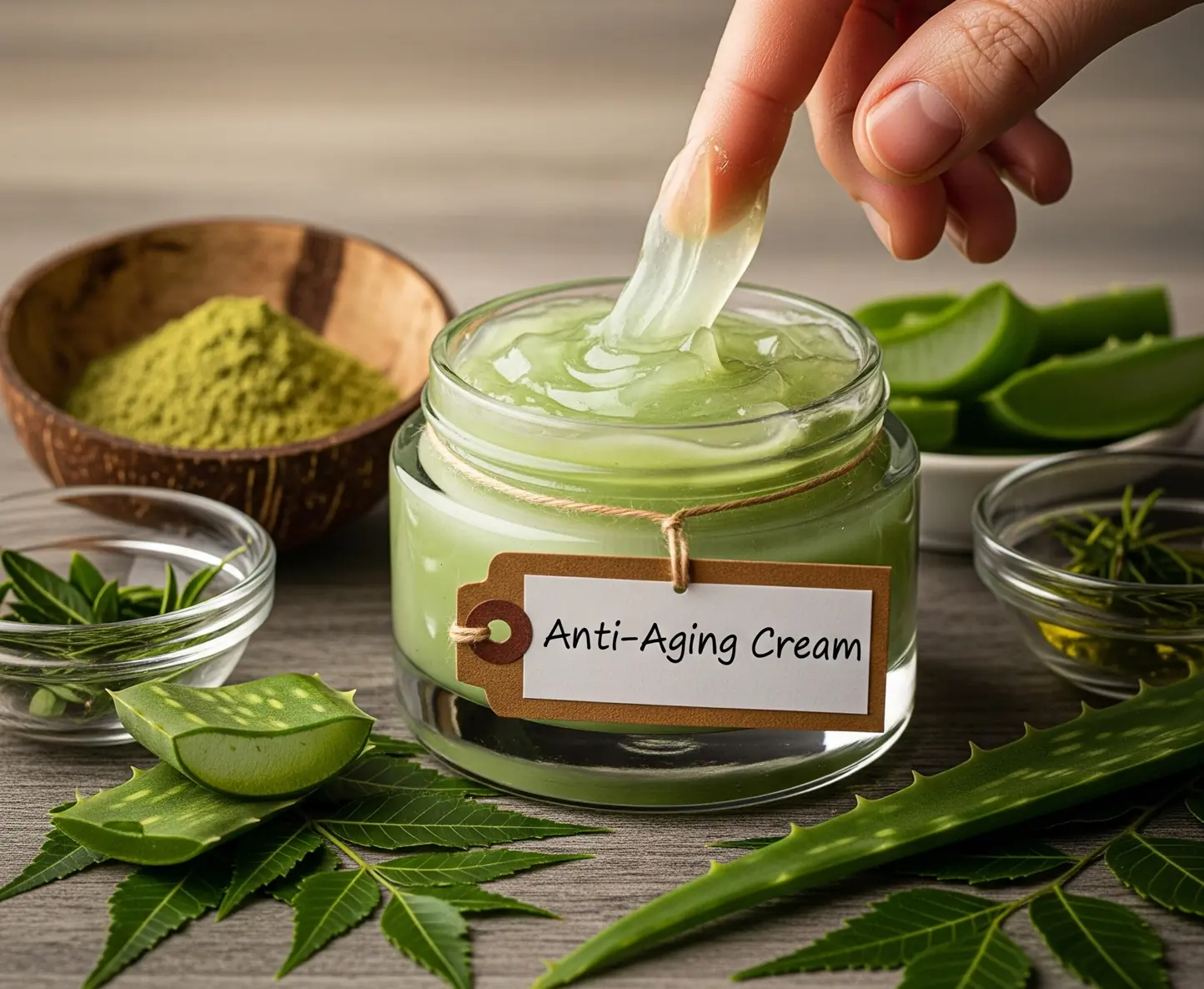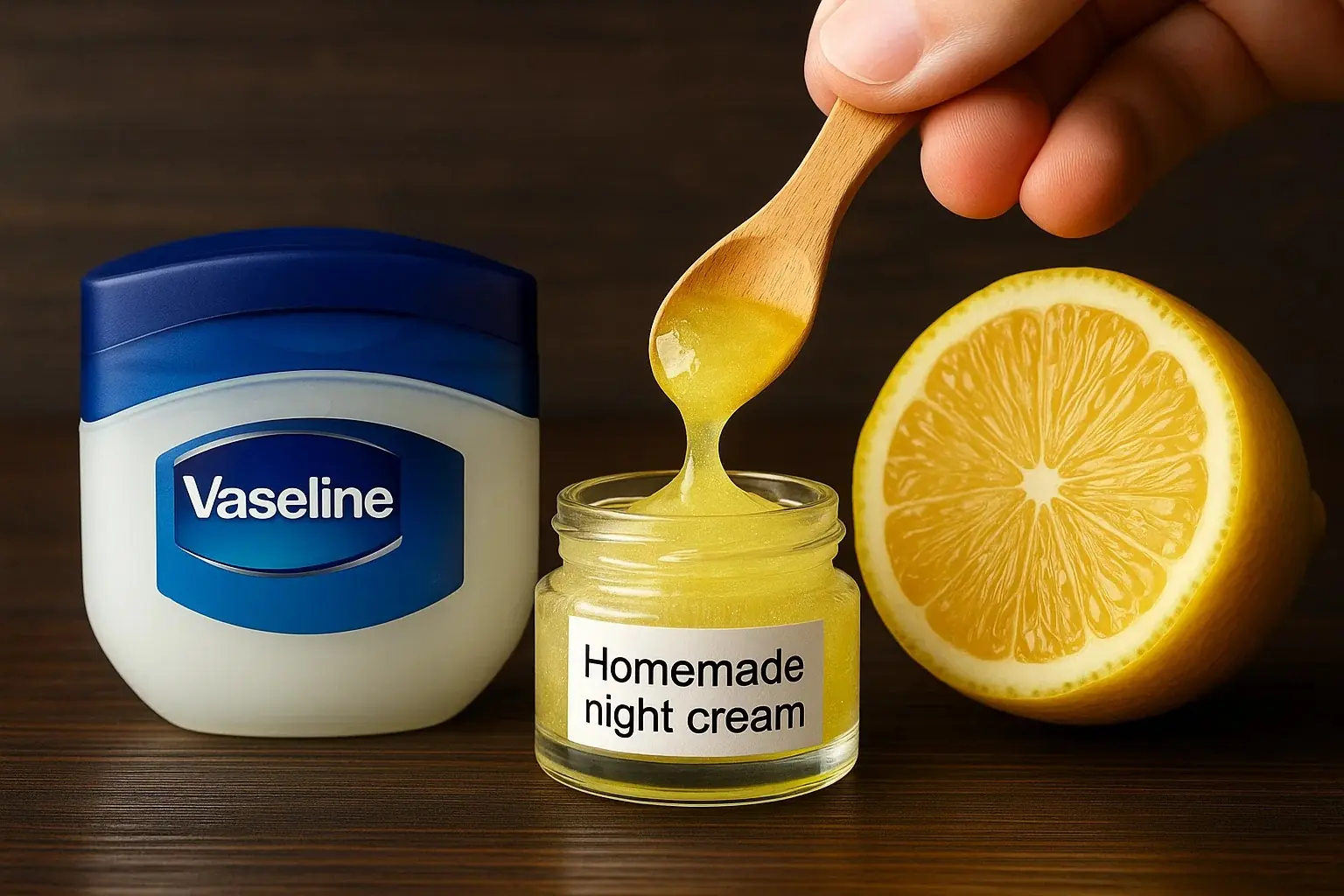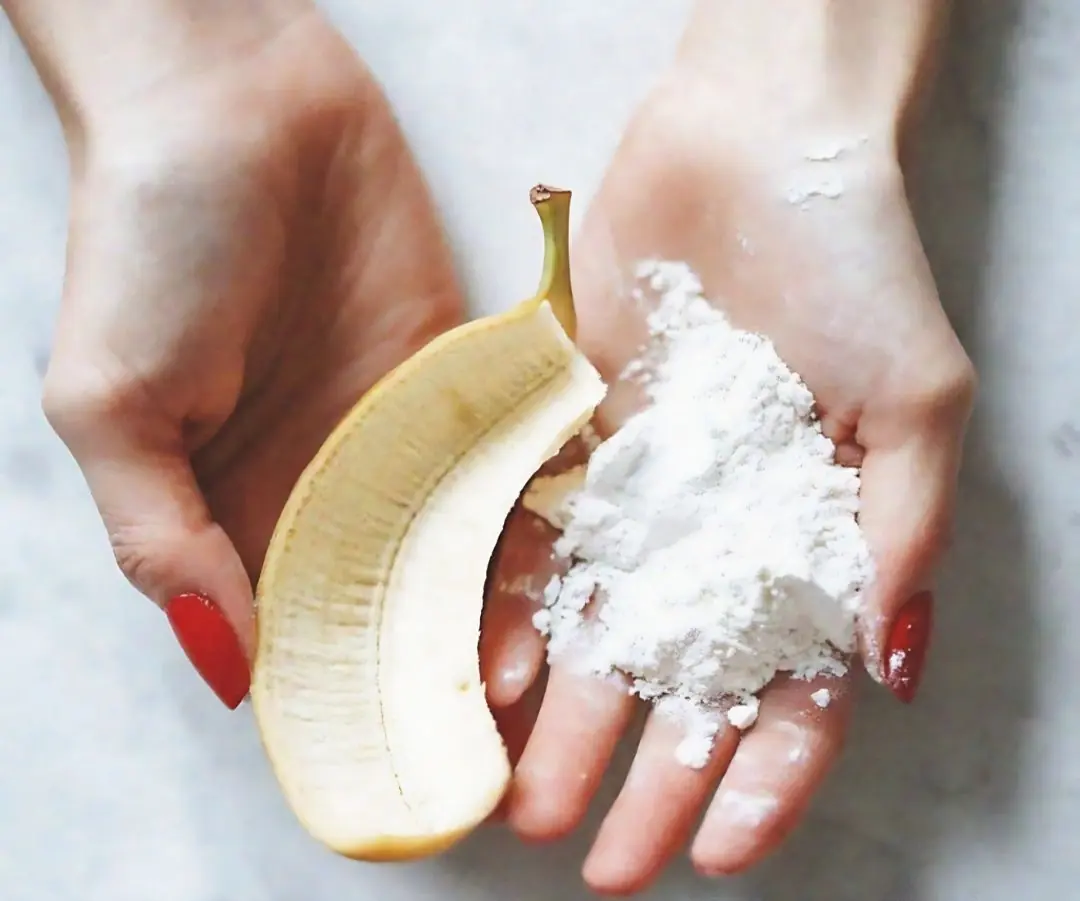
8 H@rmful Effects of Soda on Your Health You Should Know

Soda, also known as soft drinks or fizzy drinks, is a globally consumed beverage known for its sweet taste and refreshing bubbles. But what if we told you that the very drink you're consuming daily could be harming your health in more ways than one? From weight gain to weakened bones, the long-term effects of soda consumption go far beyond its sugary taste. Here’s a detailed breakdown of how soda impacts your health and why it’s time to reconsider your daily drink choices.
1. Contributing to Weight Gain
One of the most well-known effects of soda is weight gain. These drinks are packed with liquid sugars, which bypass your body's natural mechanisms for regulating hunger and satiety. Unlike solid foods, liquid sugars don't trigger the same fullness signals, leading to overeating. Studies show that people who drink sugary beverages daily tend to gain more weight and are more likely to develop obesity compared to those who avoid soda. A 2012 study in the American Journal of Public Health found a clear link between the consumption of sugary drinks and increased weight gain, particularly among children and young adults.
2. Impact on Bone Health
Soda's effect on bone health has been a long-standing concern. While the popular myth suggests that soda’s phosphoric acid weakens bones, the actual problem lies elsewhere. The real issue is the displacement of calcium-rich beverages like milk from the diet, leading to lower calcium intake. When soda replaces milk, it contributes to weaker bones, especially in growing children and adolescents. Research from the American Journal of Clinical Nutrition emphasizes that insufficient calcium intake can lead to lower bone density and increased susceptibility to fractures. While moderate soda consumption alone may not significantly affect calcium metabolism, long-term replacement of calcium with soda poses a greater risk.
3. Blood Sugar and Diabetes Risk
Soda’s high sugar content is one of the primary culprits behind rising rates of type 2 diabetes. When consumed regularly, sugary drinks cause rapid spikes in blood sugar, leading to insulin resistance over time. This resistance makes it harder for the body to regulate blood sugar levels, increasing the risk of developing diabetes. A 2013 study published in Diabetes Care found that each additional sugary drink consumed per day raised the risk of type 2 diabetes by approximately 22%. Additionally, people who consume soda daily may experience blood sugar fluctuations, which can lead to fatigue, irritability, and further health complications.
4. Non-Alcoholic Fatty Liver Disease (NAFLD)
Fructose, the sugar found in soda, is primarily metabolized in the liver. When consumed in excess, fructose can lead to fat buildup in the liver, contributing to non-alcoholic fatty liver disease (NAFLD). This condition can progress to more severe liver problems, including cirrhosis. A study in the Journal of Hepatology found that high-fructose consumption is one of the major factors contributing to the rise of NAFLD. The liver's inability to break down the fat leads to inflammation and scarring, which may eventually impair liver function.
5. Dental Health Decline
The combination of sugar and acid in soda can wreak havoc on your dental health. The high sugar content feeds bacteria in your mouth, which in turn produces acids that erode tooth enamel. Soda also contains phosphoric and carbonic acids that contribute to enamel erosion, leading to cavities, tooth decay, and even gum disease. According to a study in The Journal of the American Dental Association, people who consume sugary drinks regularly are at a higher risk of developing cavities and other dental issues due to the prolonged contact between their teeth and the acidic components of soda.
6. Cardiovascular Risks
Consuming soda regularly increases the risk of heart disease and other cardiovascular issues. Studies have shown that drinking even one soda a day can lead to increased blood pressure, higher cholesterol levels, and a higher risk of heart disease. The American Heart Association has pointed out that sugary beverages are directly linked to obesity, which is a significant risk factor for heart disease. According to research published in the Circulation Journal, soda consumption contributes to the buildup of fats in the arteries, increasing the risk of heart attack and stroke.
7. A Chance of Gout
Gout is a painful form of arthritis that results from the buildup of uric acid in the body. Sugary beverages, including soda, are known to raise uric acid levels, significantly increasing the risk of developing gout. Fructose in soda contributes directly to the production of uric acid. A study published in The Journal of Clinical Endocrinology & Metabolism revealed that consuming fructose raises uric acid levels in the blood, which can lead to gout flare-ups. According to research, people who consume soda regularly are more likely to develop gout, with the risk being particularly high for women.
8. Bone-Friendly Alternatives
While soda may seem like a quick thirst-quencher, it comes with long-term health risks. Fortunately, there are plenty of healthier alternatives. Opting for calcium-rich beverages like milk or plant-based alternatives can promote better bone health. Carbonated mineral water is also a great substitute, offering hydration without the negative effects of soda. For those who enjoy flavored beverages, herbal teas or homemade fruit infusions can provide a refreshing and health-conscious option.
Credit: Credit to the original source from MSN.
In conclusion, while soda might offer a quick burst of energy and sweetness, the long-term health effects are not worth the temporary satisfaction. From weight gain to liver disease, the dangers of regular soda consumption are significant. Replacing soda with healthier beverages can have a profound impact on your overall health and well-being. Make the change today for a healthier tomorrow!
News in the same category


4 Common Meat Thawing Mistakes That Could Put Your Family's Health at Risk

Doctor reveals two little-known signs of skin cancer that everyone misses
Along with the more obvious signs such as changes in moles, these hidden symptoms should be taken seriously.

Why You Should Unplug the Hotel TV Immediately After Checking In

Doctor warns of alarming health risks of sleeping with a fan on during a heatwave
As the heatwave looms and temperatures continue to rise, it is essential for individuals to consider the hidden health risks associated with sleeping with a fan on.

How to Keep Ripe Avocados Fresh and Creamy for Days

Secret cleaning tip: how to keep your floors clean and dust-free for seven days

How to Tell the Difference Between Naturally Ripened Durian and Chemical-Ripened Ones

3 Simple Items That Help Save Electricity for Your Fridge

The Silent D@nger: 4 'Healthy' Vegetables That Can H@rm Your Kidneys

Top 4 Fruits to Limit for a Healthier Liver

Why Smart People Never Set Their Air Conditioner to 26°C at Night

How to Position Your TV in the Living Room for Optimal Health and Wealth

Hidden D@ngers on Your Dinner Plate: 3 Common Vegetables That May Be D@m@ging Your Digestive Health

Doctors warn just one glass of this drink a day could increase risk of being diagnosed with cancer
A doctor in New York City has discovered a worrying trend between a drink almost two-thirds of Americans enjoy and an aggressive cancer.

Many Confuse This Plant with a Weed, But It’s Actually Full of Surprising Health Benefits
From providing omega-3 fatty acids to supporting heart, bone, and kidney health, purslane offers a wide range of benefits.

Doctor reveals the one sound people make that means they have under 24 hours left to live
This phenomenon is most commonly observed as the person drifts in and out of consciousness, and their breathing becomes more labored.

Don't Underestimate This Common Feature of Rice Cookers: It Could Be Harmful to Your Health

Smart People Know This Trick: Save Up to 50% on Your Monthly Electricity Bill by Adjusting Your Air Conditioner

Why Smart People Often Insert a Key into the Door When Sleeping: A Simple Habit with Big Benefits
News Post

DIY 3 Seed Drink For Losing Weight Fast: Natural, Effective, and Easy to Make
By combining cumin, fennel, flaxseeds, carom seeds, and ginger, you can support your body’s natural fat-burning processes, improve digestion, and reduce bloating. This natural remedy is affordable, easy to make, and free from harmful chemicals.

3 Yellow Signs and 1 Red Flag: Check Now to See If Your Liver is Healthy

4 Common Meat Thawing Mistakes That Could Put Your Family's Health at Risk

Ancient Indian Hair Oil Remedy: Get Crazy Hair Growth Naturally
The ingredients in this ancient Indian remedy work together to nourish and revitalize the scalp, providing your hair with the nutrients it needs to grow strong, thick, and beautiful.

Homemade Neem Gel for Clear and Flawless Skin: Your Ultimate Natural Solution for Acne, Blemishes, and Aging
Incorporating neem gel into your skincare routine is a simple and effective way to achieve clear, healthy, and radiant skin.

Doctor reveals two little-known signs of skin cancer that everyone misses
Along with the more obvious signs such as changes in moles, these hidden symptoms should be taken seriously.

Why You Should Unplug the Hotel TV Immediately After Checking In

Doctor warns of alarming health risks of sleeping with a fan on during a heatwave
As the heatwave looms and temperatures continue to rise, it is essential for individuals to consider the hidden health risks associated with sleeping with a fan on.

How to Keep Ripe Avocados Fresh and Creamy for Days

Secret cleaning tip: how to keep your floors clean and dust-free for seven days

How to Tell the Difference Between Naturally Ripened Durian and Chemical-Ripened Ones

Homemade Eye Roll To Get Rid Of Dark Circles: The Ultimate Natural Remedy for Dark Circles
The homemade eye roll remedy we’ve shared today combines the soothing, brightening, and hydrating powers of olive oil, aloe vera, lemon zest, and raw milk to help reduce puffiness, lighten dark circles, and restore the vitality of the delicate skin arou

3 Simple Items That Help Save Electricity for Your Fridge

The Silent D@nger: 4 'Healthy' Vegetables That Can H@rm Your Kidneys

Top 4 Fruits to Limit for a Healthier Liver

Natural Remedy to Reverse Grey Hair: Unlocking the Secrets to Rejuvenate Your Hair Color
This DIY remedy offers a holistic approach to hair health-nourishing from within and the outside.

5 Powerful Ways to Use Vaseline for Anti-Aging: Natural Remedies for Smoother, Wrinkle-Free Skin
Try these 5 homemade Vaseline treatments today, and enjoy youthful, wrinkle-free, and radiant skin with the power of nature!

Erase Wrinkles and Achieve Glowing Skin Naturally: The Ultimate Banana Face Pack for Youthful Radiance
By incorporating natural ingredients like banana peels, rice, cornstarch, and lemon juice, you can nourish your skin and achieve a radiant, youthful complexion without harsh chemicals or expensive treatments.

Why Smart People Never Set Their Air Conditioner to 26°C at Night
